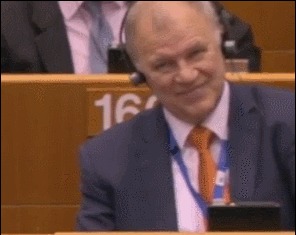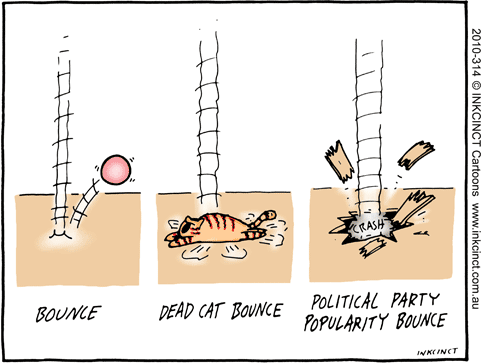Democrats across Europe are in shock over Brexit, when they should be jubilant. That a slim majority of British voters primarily English and Welsh have acted against their own short- and long-term economic interests to leave us is a blessing. For decades British governments have played a double game: getting all the benefits of EU membership while opting out of its burdens, in the meantime undermining and even blackmailing the club from within. All of this is now over.
To understand why Brexit is such good news we must look not at the lies of the leave camp but at the arguments of remain. They consist essentially of two claims. The first is that leaving would only make things worse what leave rightly derided as Project Fear. Second is remains promise that the EU would never be more than a market. Fears over the loss of sovereignty were misguided, remain argued, since the UK would block and veto any future moves in that direction.
Let us pause and reflect on what a remain win would have meant. If they are ever to become functioning and legitimate democratic entities, the EU and the eurozone must reform dramatically. In some cases this means the return of certain powers at regional or national level all too often European cooperation has become homogenisation and needless centralisation. In other cases we may decide to invest more powers at European level if this strengthens its democratic nature and increases our power versus the corporate lobby.
Had remain won the referendum, the EU would have become hostage to British sabotage. Future British prime ministers would veto any fundamental change involving the transfer of sovereignty, arguing, correctly, that their people had voted only for the current set-up of the EU. Britain would continue to demand ever more opt-outs and concessions playing to the fantasy that membership is a British favour to the rest of Europe. The British press and Europhobe politicians would go on portraying the EU in the most lurid, mendacious and derisory terms, making us look terrible in the eyes of Americans and English-speaking Asians, Africans and Russians.
The problem with Britain was not that it was critical of the EU. The problem was bad faith and delusional thinking. As the referendum debate has shown, the country has not come to terms with its own global irrelevance hence its refusal to pool sovereignty. It continues to believe that as a sovereign nation it can get everything it had as an EU member, and more. When Europes democrats talk about EU reform they mean putting arrangements in place to make Europes pooling of sovereignty democratic. Britons mean the rollback of that very pooling of sovereignty. For this reason, Britains membership would have hit a wall sooner or later.
Which brings us to remains conception of the EU as merely a market. This is a disastrous view. Markets are never neutral arrangements but always political constructs. Consider whether you allow pharmaceutical companies to market antidepressants directly to consumers, as in the US, or not as in Europe. Both are markets, but the difference in impact on society is profound. Think of environmental standards, genetically modified organisms, anti-trust law (when is a market an oligopoly?), privacy or priorities in enforcement of intellectual property violations. Then there is the question of what should be a market in the first place: education, health, the prison system?
Leaving these decisions to European technocrats means that we effectively hand over control of our society to the corporate lobbies that have direct access to those technocrats. These days global banks and other multinationals operate on a European level while politics still take place on a national level. The consequence is that big corporations can play off one European country against the other in a regulatory race to the bottom, demanding ever lower if not downright homeopathic tax rates.
Is this the EU we want? Or do we build a strong and democratically legitimate countervailing power that can operate on the same European level as the corporate lobby? If the latter, we need to construct a vibrant pan-European political space with real debate and real powers. It is crazy that Europeans have their own court, parliament and currency, but no pan-European public forum to debate what to do with these instruments.
Perhaps the construction of a European demos of this kind is all too much, all too fast. What is clear is that the current EU is corporate and undemocratic and the eurozone is a disaster. Europeans can throw in the towel, dismantle the whole thing and retreat to their powerless little countries. Or they can make a final attempt to make the European project work.
A minority in Britain wanted to be part of this, but the mainstream did not. Let Europe now play hardball in the negotiations and then wish all the best to its British neighbours.





